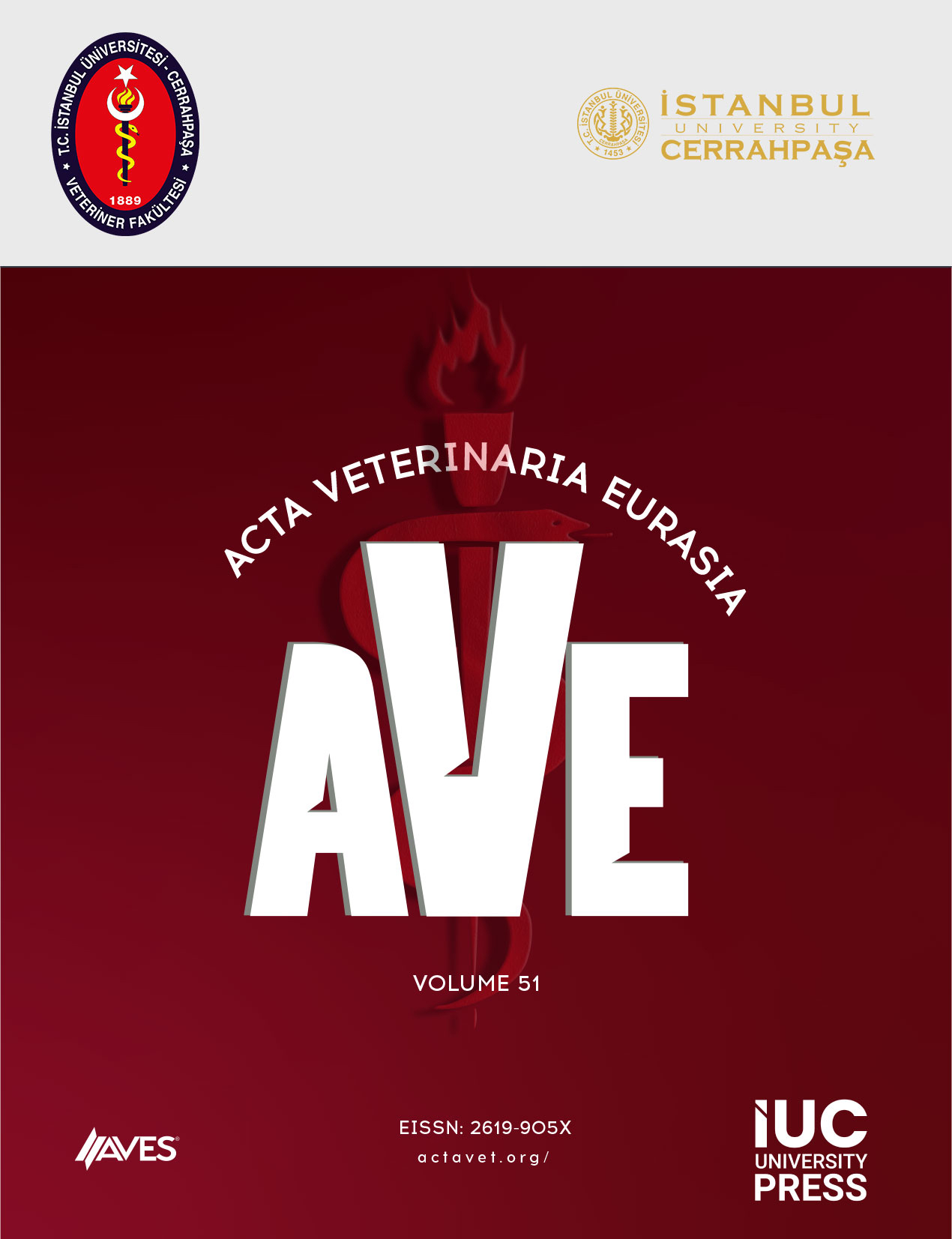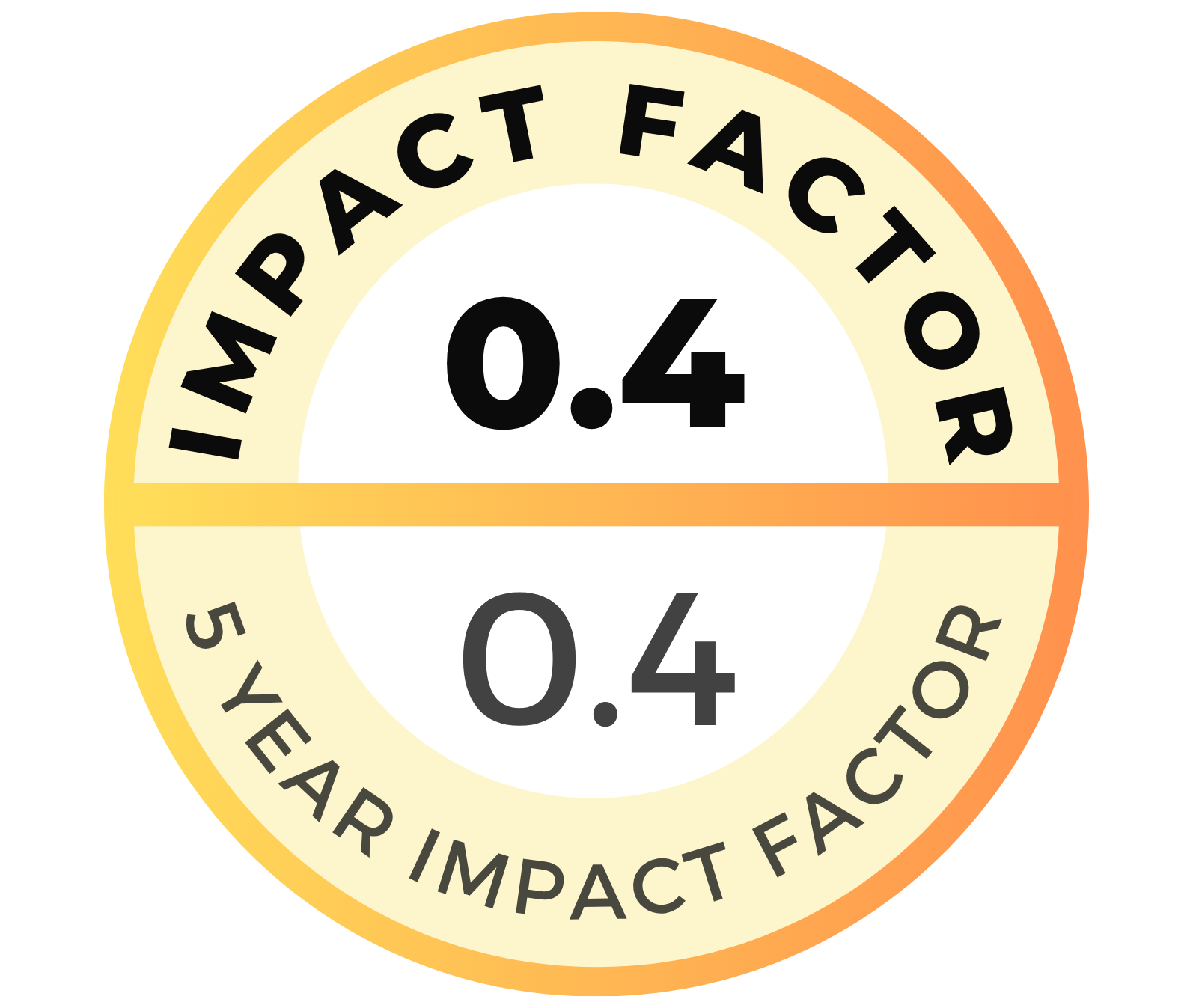Abstract
Chlamydia is a group of zoonotic diseases caused by Chlamydiaceae spp., which carries high potential risks for animal welfare, public health and animal husbandry. The application of effective vaccines for livestock is still one of the major important tools of managing Chlamydia infection. In this study, the main characteristics of the currently available Russian commercial inactivated whole-cell mono-, polyvalent, and combination vaccines for the prevention of either a single Chlamydia infection (monoinfection) or multi-pathogen infection in livestock, cattle, small ruminants, pigs, farm birds, and fur animals are briefly reviewed. All of the vaccines are inactivated, absolutely safe for the immunization of target livestock and naive untreated contacting animals in the same herd and produce no documented serious vaccine-related complications. Since chlamydia has not yet been eradicated in the world, the infection persists in nature and can be transmitted from infected livestock, wild, domestic animals, and migratory birds to unprotected farm animals. Thus, the availability of effective and safe chlamydia vaccines remains an important aspect for the prevention and control over Chlamydia infection in Russian Federation and worldwide.
Cite this article as: Feodorova, V., Saltykov, Y., Evstifeev, V., Khusainov, F., Ivanova, S., Morozova, D., Yakovlev, S., & Larionova, O. (2024). Russian vaccines against Chlamydia infection in livestock. Acta Veterinaria Eurasia, 50(3), 230-241.





.png)